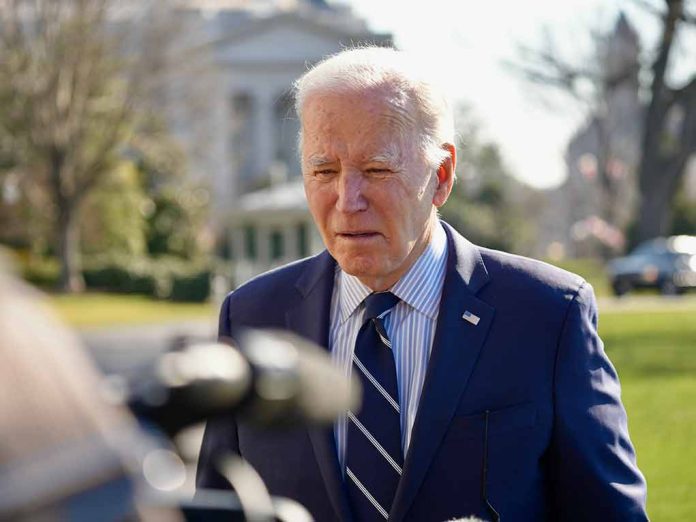
The legacy of Guantanamo Bay has long cast a shadow over America’s commitment to human rights and national security. As President Biden aims to close this controversial detention facility, recent plea deals with alleged 9/11 plotters have reignited debates about justice, accountability, and the balance between security and human rights. This story is crucial because it marks a potential turning point in U.S. policy, addressing long-standing criticisms while grappling with the complexities of prosecuting terrorism suspects. The key takeaways include the Biden administration’s determination to close Guantanamo, the impact of plea deals on 9/11 prosecution, and the ongoing challenges in resolving the facility’s future. Read on to understand the far-reaching implications of these developments for American justice and global perceptions.
Biden’s Closure Plan
President Biden has set his sights on closing Guantanamo Bay before leaving office in January 2025, a goal that has eluded previous administrations. White House Press Secretary Karine Jean-Pierre emphasized this commitment, stating:
“That’s still something that the president wants to do and get done”
The administration’s determination faces significant challenges, including congressional restrictions on transferring detainees to the U.S. mainland and the complex legal status of remaining prisoners. Despite these obstacles, the recent plea deals with alleged 9/11 plotters may pave the way for progress in reducing the prison population and addressing long-standing human rights concerns.
The 9/11 Plea Deals
Three alleged 9/11 plotters, including Khalid Sheikh Mohammed, have reached plea deals that would avoid the death penalty. This development marks a significant shift in the long-stalled prosecution of these high-profile detainees. National Security Advisor Jake Sullivan clarified the administration’s position:
“The president had no role. The vice president had no role. I had no role. The White House had no role. And we were informed yesterday — the same day that they went out publicly — that this pretrial agreement had been accepted by the convening authority”
These plea deals require defendants to answer questions from 9/11 victims’ families, potentially providing closure while avoiding a protracted trial. However, the agreements have sparked mixed reactions, with some families relieved for partial closure and others disappointed about the lack of a trial or death penalty.
Human Rights and National Security
Guantanamo’s legacy has significantly impacted U.S. human rights records and interrogation tactics. The facility has been controversial due to allegations of torture and indefinite detention without trial. Daphne Eviatar of Amnesty International USA emphasized the need for accountability:
“The Biden administration must also take all necessary measures to ensure that a program of state-sanctioned enforced disappearance, torture and other ill-treatment will never be perpetrated by the United States again,”
As the Biden administration works towards closing Guantanamo, it must balance national security concerns with the imperative to uphold human rights standards. The plea deals and potential closure of the facility represent an opportunity to address past controversies and reaffirm America’s commitment to justice and the rule of law.














